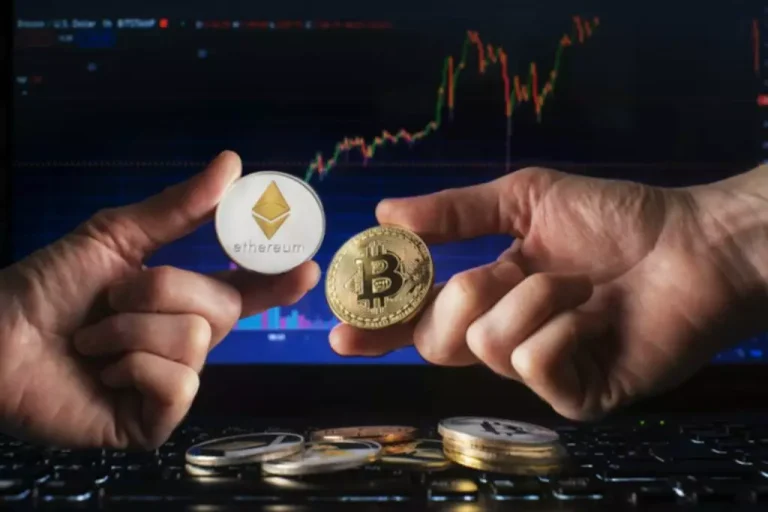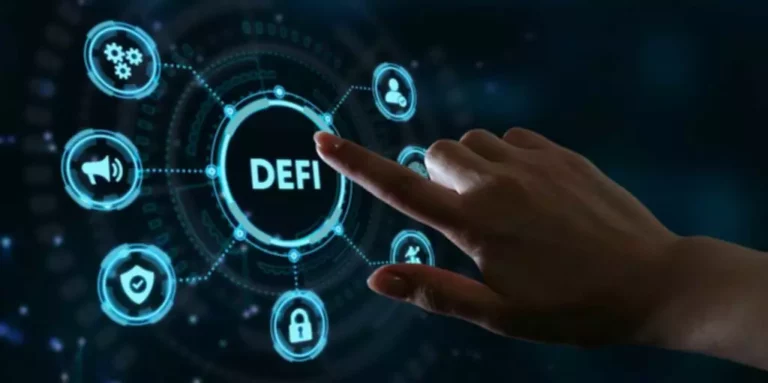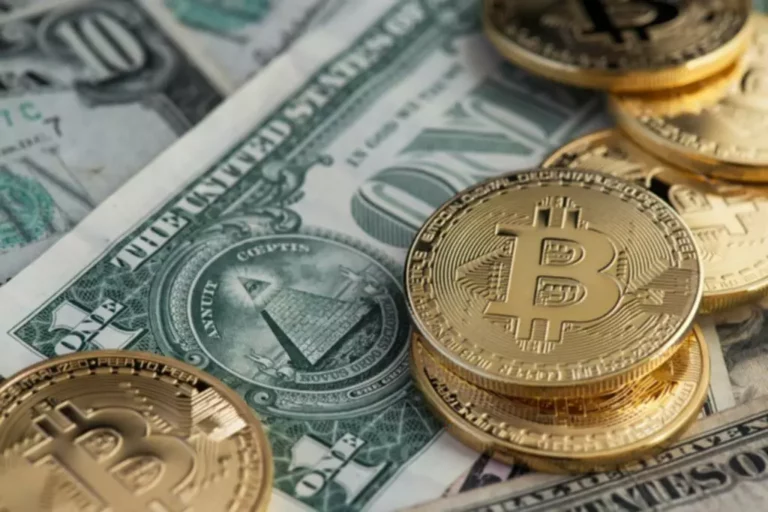Many DEXs use the automated market maker (AMM) mannequin for automating trades in a trustless way, facilitating peer-to-peer (P2P) token swaps without intermediaries. Examples of well-liked DEXs embrace Uniswap, PancakeSwap, SushiSwap, and Trader Joe. While dapps promise to resolve lots of the issues faced by common apps, there are additionally some disadvantages. DApps are still in the early phases, so they are experimental and vulnerable to certain problems and unknowns. Questions come up about whether or not the applications will have the power to scale effectively. Also, there are considerations that too many functions requiring computational resources will overload a network, causing congestion.
DApps have the potential to remodel industries, offering more secure, clear, and user-controlled options decentralized applications examples to traditional digital platforms. While the decentralized software definition highlights their attraction in providing enhanced privateness and safety, there are challenges that these applications face. Making Certain scalability is a main concern—current blockchain networks have limitations in processing speed and transaction throughput compared to traditional techniques. Additionally, the user experience usually lacks the sophistication and ease-of-use that folks have come to expect from typical applications.

However, dApp browsers can be an effective method of staying updated with the most recent trends. In Style dApp browsers embrace DappRadar, State of the DApps, DeFi Pule, and the Belief Pockets DApp Browser. Read on for an summary of what they’re, how they work, a few of the opportunities they present, and and the challenges these new types of functions face. Not all DApps work on standard net browsers; some may fit only on web sites with personalized code to open that specific application. Faux initial coin offerings (ICOs) have been used to raise funds for growing a model new cryptocurrency or dApp that the fundraisers haven’t any intention of creating. DApps may be classified based mostly on whether or not they operate on their own block chain, or whether or not they function on the block chain of one other DApp.

According to Ethereum, it can be difficult for developers to update dApps as a outcome of the information and code published to the blockchain are hard to switch. The startup’s strategy eliminates the necessity for centralized knowledge integration and promotes an information mesh structure. Nextdata OS allows organizations to make use of their current know-how stacks and permits rapid deployment of data-driven solutions at scale. Nextdata builds Nextdata OS, a knowledge mesh platform to simplify the creation, sharing, and governance of decentralized knowledge products throughout enterprise techniques.

Social Media And Content Creation
This peer-to-peer aspect fosters a more open and democratic digital ecosystem. Another example is Uniswap, a decentralized exchange protocol constructed on Ethereum. Uniswap allows users to trade immediately with one another without needing an middleman, like a financial institution or broker. This dApp makes use of automated good contracts to create liquidity swimming pools that facilitate trades. Customers can trade their tokens directly from their wallets, providing a seamless and secure trading expertise.
As Quickly As dapps are deployed on the Ethereum community you’ll be able to’t change them. Dapps could be decentralized as a end result of they are controlled by the logic written into the contract, not a person or a company. So, with a decentralized app like Peepeth, when you publish a message to the blockchain, it can’t be erased, not even by the corporate that constructed the platform. Monetary applications are popularly known as https://www.xcritical.com/ DeFi purposes, brief for «decentralized finance.»
The front end of the decentralized application is actually the code executed on the consumer aspect of an software. It principally serves as the interface for communication between the user and the applying. In addition, the frontend of dApps also features a digital wallet that serves completely different functions. The supply code is on a blockchain, and every computer on the community, or node, holds a replica of the blockchain.
- Dapp users may really feel more secure in the knowledge that the creators of the applying can’t management how it is used – a minimal of, not in the standard way.
- Educational analysis in healthcare, particularly within medical and public well being research, often requires collaboration across institutions and regions.
- The major benefits of DApps are that they are always accessible and don’t have any single point of failure.
- Not Like crypto pockets plugins, the Courageous pockets is browser-native, including one other layer of security.
- The dApp can also incorporate backend providers and decentralized storage for added performance and effectivity.
The supply code almost at all times uses good contracts, which full transactions between people. Smart contracts remove the necessity to trust that the other get together will execute their a half of a transaction. The apps also depend on blockchain protocols that hide personal data.
How Dapps Work
Just like cryptocurrency is decentralized cash, dapps are decentralized apps. Without any one entity controlling the system, the appliance is therefore decentralised. Decentralized applications in the cryptocurrency market stand for innovation, transparency, and a shift towards a more user-controlled internet.
Because they don’t have any middle, the service can’t be shut down or corrupted. If a dApp is open source, there isn’t any method to disguise again doors within the code. Most fashionable online apps you employ every day, like Fb, Twitter, or Google Docs, all have the same primary structure.
They exemplify the possibilities of blockchain expertise beyond just monetary transactions, extending to areas like social networking, gaming, and provide chain administration. As the infrastructure supporting them continues to mature, we will Non-fungible token anticipate a broader adoption which will redefine how online services are constructed and consumed. Decentralized applications (dApps) are open-source applications that operate on public blockchains and do not belong to a single entity. Most dApps present monetary tools and services using smart contract-based protocols. In the long run, we are ready to count on to see a broad vary of dApps serving a big selection of novel use circumstances industrywide. Decentralized applications, or dApps, are software program programs that run on a blockchain or peer-to-peer (P2P) community of computer systems instead of on a single computer.